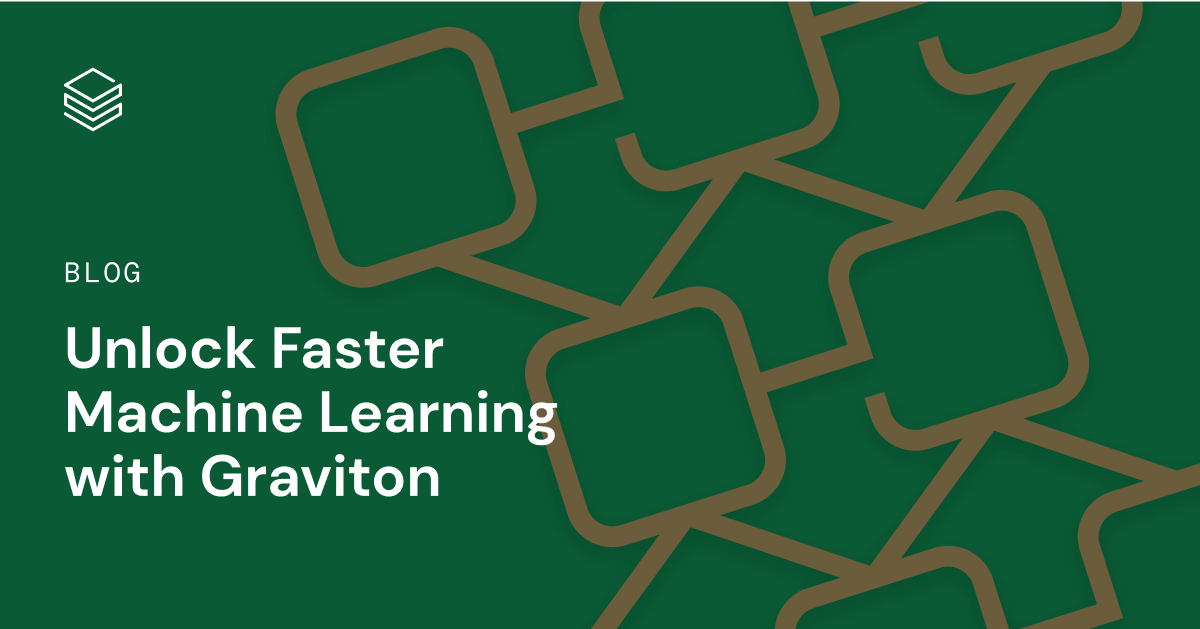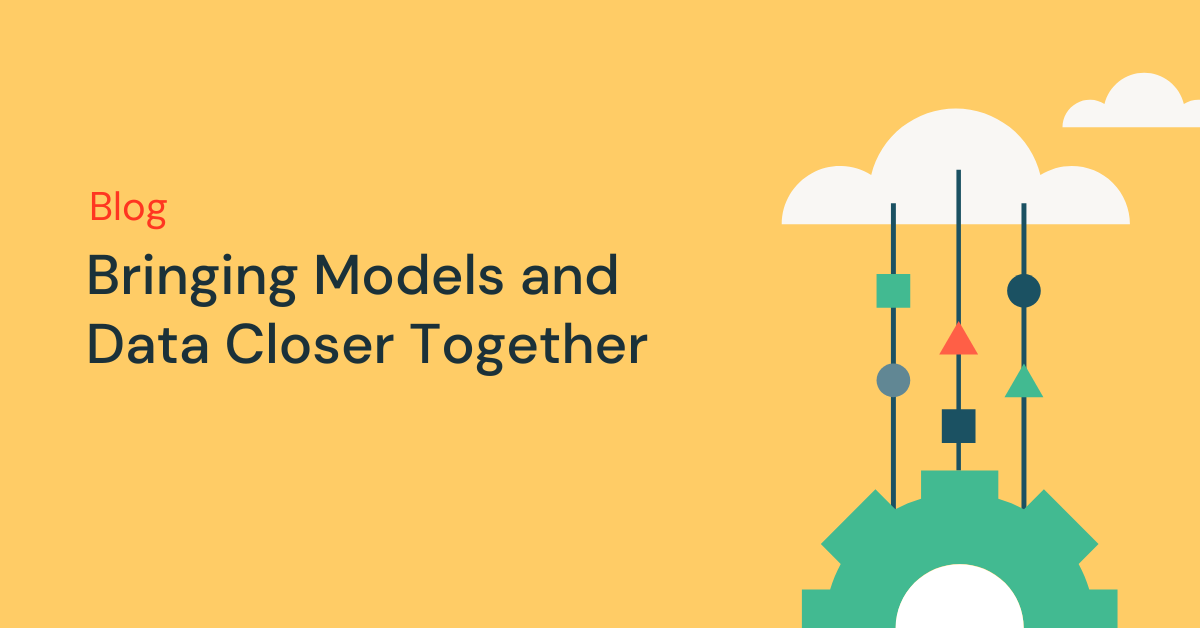Skip to main content![Lu Wang (Mosaic AI)]()
![Announcing the Public Preview of Distributed ML on Serverless and Standard Clusters]()
![Machine Learning with Unity Catalog on Databricks: Best Practices]()
![Announcing Databricks Support for Amazon EC2 G6 Instances]()
![Training Highly Scalable Deep Recommender Systems on Databricks (Part 1)]()
![llama2-marketplace]()

Lu Wang (Mosaic AI)
Lu Wang (Mosaic AI)'s posts

Product
November 18, 2025/3 min read
Announcing the Public Preview of Distributed ML on Serverless and Standard Clusters

Product
February 26, 2025/7 min read
Machine Learning with Unity Catalog on Databricks: Best Practices

Data Science and ML
September 23, 2024/3 min read
Announcing Databricks Support for Amazon EC2 G6 Instances

Solution Accelerators
September 4, 2024/8 min read
Training Highly Scalable Deep Recommender Systems on Databricks (Part 1)

Announcements
October 10, 2023/3 min read
Llama 2 Foundation Models Available in Databricks Lakehouse AI
Showing 1 - 12 of 14 results






